

Publications Regarding Basic Law: The Government
Articles
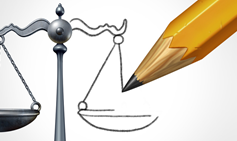
Completing Israel’s Constitutional Process
IDI is currently in the process of composing a revised proposal for a full constitutional arrangement for the State of Israel as it marks 75 years of independence.
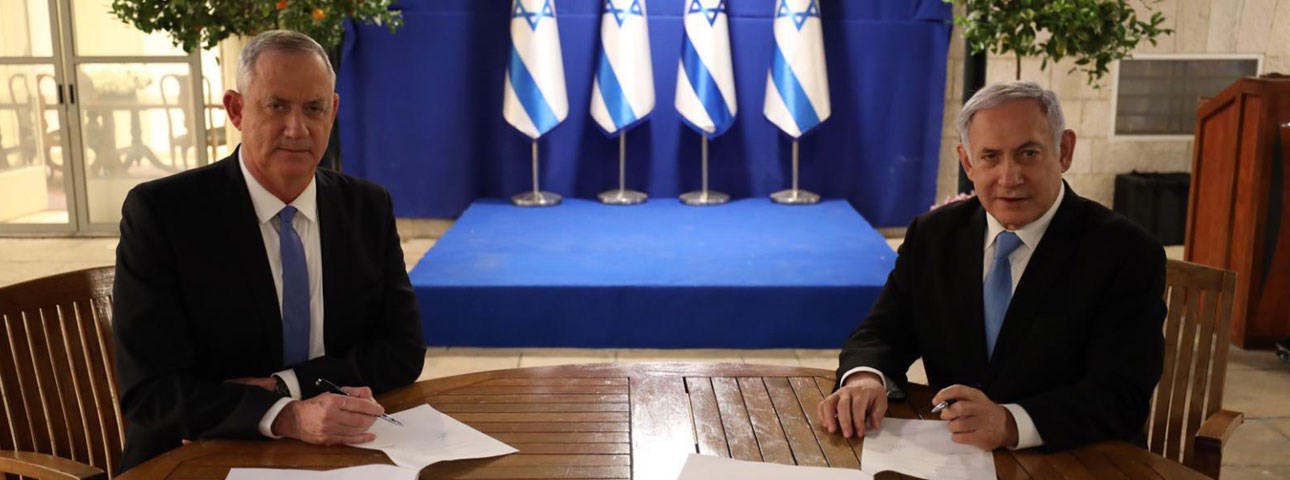
The Alternative Government
Written By: Dr. Amir Fuchs, Dr. Assaf Shapira
IDI researchers testified before the Knesset's Special Committee: Personal and retroactive changes should not be made to legislation regarding the Prime Minister's legal status

Two Hedgehogs and a Hydra
Written By: Prof. Yedidia Z. Stern
This is a familiar plague: rewriting the game rules of democracy to suit changing political circumstances has become the norm in Israel.

Coalition Agreement – What to Expect Moving Forward
Written By: Yohanan Plesner
IDI President Yohanan Plesner held an online media briefing and Q&A session on the new coalition agreement between the Likud and Blue and White parties.

A Jumbo-Size Government? Now? Really?
Written By: Prof. Ofer Kenig
Reports of a 30 to 34 minister cabinet in the works beg for a public outcry: Costly, inefficient and divisive is not what we need today.

Prime Minister Netanyahu - 11 Consecutive Years
Written By: Prof. Ofer Kenig

Limit the Number of Ministers and Deputies
In light of the Movement Towards a National Emergency Government: 30 Ministers Would be Excessive in Comparison to other Parliamentary Democracies; The cap on the number of ministers and their deputy minister should remain in place.
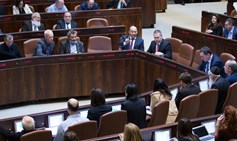
Governments of Experts: Desperate Measures for Desperate Times?
Written By: Prof. Ofer Kenig
The results of this third round of elections would seem to indicate that, once again, no decisive victory has been won, and that the Israeli political system is likely to remain stuck at the same dead end at which it has been stranded for the last year. Could a government of experts resolve the crisis?
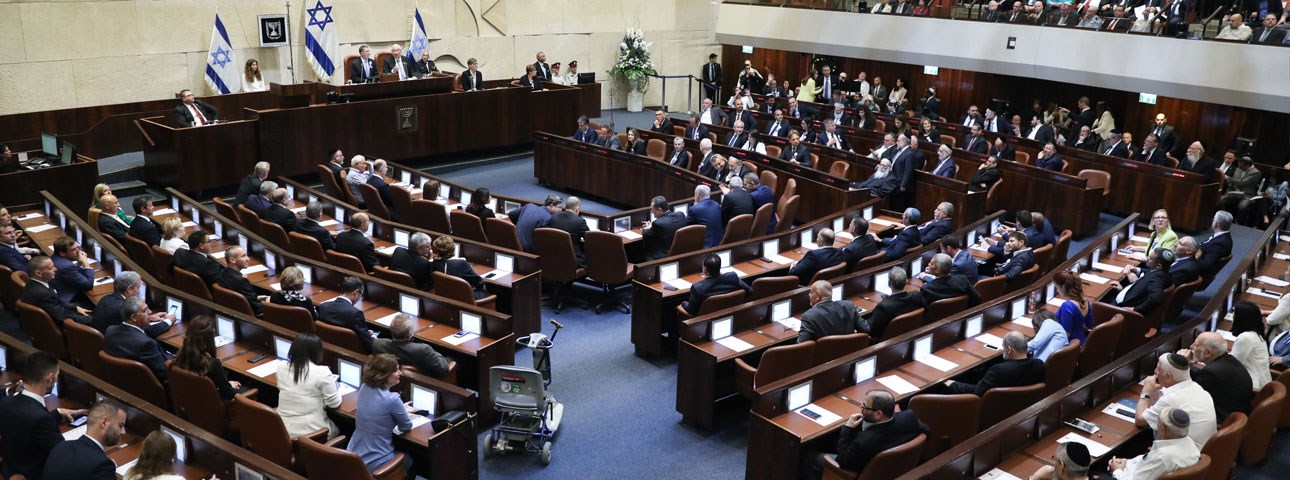
The State of the Highly Personalized Israeli Democracy
Written By: Prof. Gideon Rahat
At this writing, Israel seems to be headed towards its third elections within a year. Israel has been governed for almost a year by a caretaker government, and no one can be sure that the next elections will resolve the stalemate. While this state of affairs may fulfill the dreams of libertarians or anarchists, for most others – it looks more like a nightmare.

Can the “Deal of the Century” be Implemented Under a Transitional Government?
Written By: Prof. Amichai Cohen, Dr. Amir Fuchs
What are the legal barriers standing in the way of the current government implementing the U.S.'s “Deal of the Century” peace plan?

Farewell Elections, Hello 35th Government
Written By: Prof. Ofer Kenig
The strangest and most polarizing election in Israel’s history is now over. The people have spoken, and we’re now entering the next stage of the political lifecycle: forming a new government. What are the rules governing this process, and what can be learned from a historical and comparative perspective?

Post-Election Scenarios and the Case for Unity
Written By: Yohanan Plesner
Of the three realistic options, a unity government seems optimal. The other possibilities - a third round of voting or a narrow, right-wing government - carry exorbitant price tags.
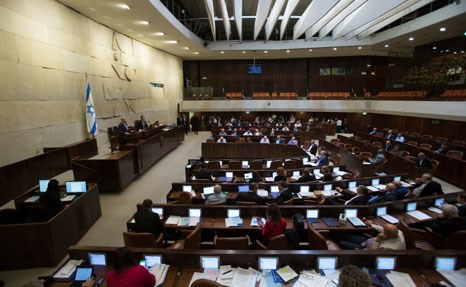
Unity Coalition Governments: Explainer
A unity government (or “grand coalition”) is a special type of coalition with a particularly broad base, including all the major parties represented in the parliament and can have a range of ramifications on the political system. This explainer outlines how its works in Israel and around the world.
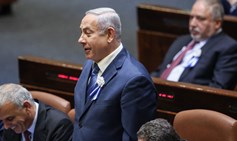
Early Elections
Written By: Yohanan Plesner
First thoughts on early elections with Yohanan Plesner - how did we get here and what to expect next
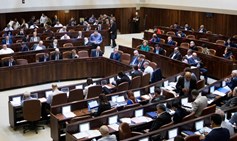
What if Netanyahu Fails to Form a Coalition? Explainer
Written By: Prof. Ofer Kenig
What if Netanyahu fails to form a coalition? Will Israel find itself again holding elections? Although unlikely – Dr. Ofer Kenig explains the possibilities

The Weakest Constitution in the World
Written By: Prof. Yuval Shany
The Override Clause would not alter the balance between the branches of government – it would shift the balance of power between the government and the governed
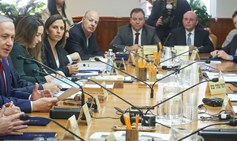
Revoking Limitation on Number of Ministers - Ramifications
It wastes public funds, impairs government efficiency, and hinders its capacity to promote policy

Leviathans, Minnows and the Rule of Law
Written By: Prof. Yedidia Z. Stern
“Pray for the welfare of the government. For if it were not for fear of it, one man would swallow his fellow alive (Avot 3:3).”

23 Knesset Seats is Not a Victory
Written By: Yehoshua Oz
In an op-ed in the Jerusalem Post, Yehoshua Oz, IDI's Director of International Communications, argues that pundits eager to crown a victor in the 2015 elections have lost sight of the fact that winning one-fifth of the Knesset seats is no victory.

A Professional Assessment of the Governance Bills
Written By: Prof. Gideon Rahat
A professional assessment of proposed changes to Basic Law: The Government and the Election Bill, which was submitted by Prof. Gideon Rahat to MK David Rotem, Chairman of the Knesset Constitution, Law and Justice Committee.
